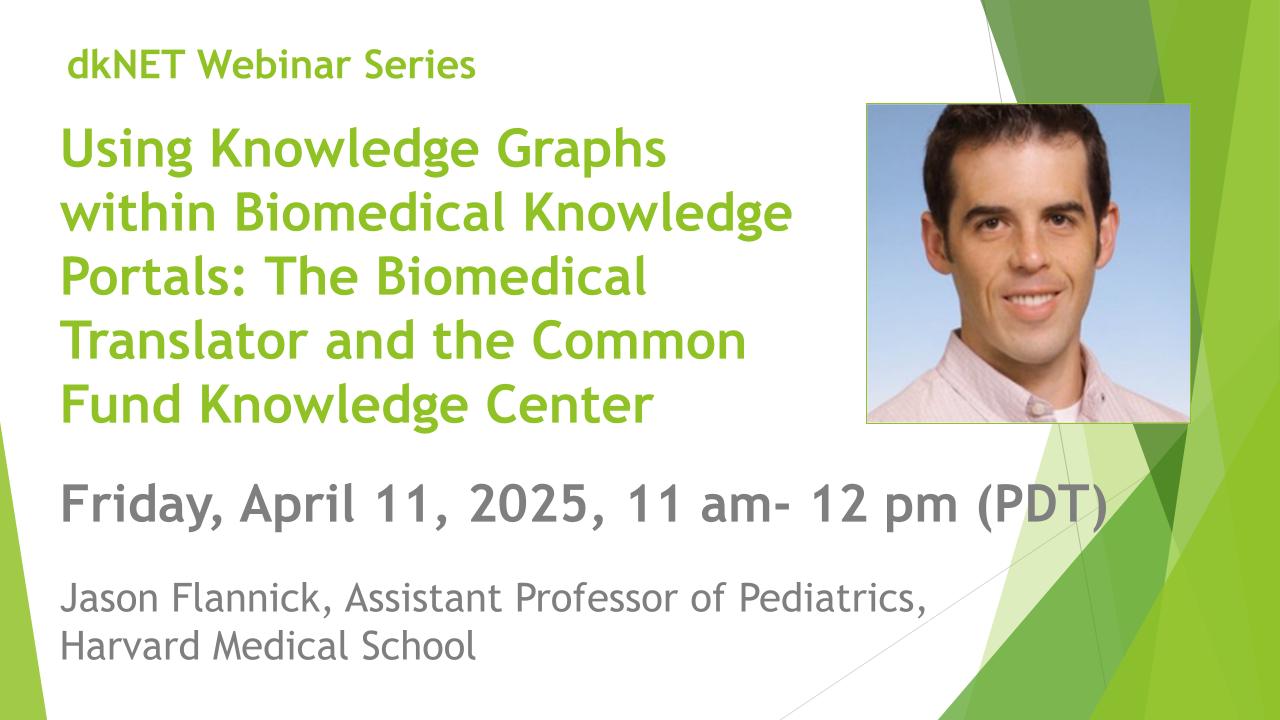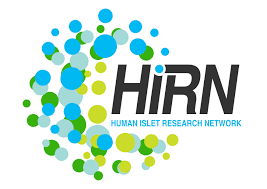Leaving Community
Are you sure you want to leave this community? Leaving the community will revoke any permissions you have been granted in this community.
[Recorded Webinar and Slides are Available Now!]dkNET Webinar: Postpartum Glucose Screening Among Homeless Women with Gestational Diabetes

*Watch recorded webinar here: https://youtu.be/lmosG9m20JI
*Webinar slides: https://www.slideshare.net/dkNET/dknet-webinar-postpartum-glucose-screening-among-homeless-women-with-gestational-diabetes-02242023
dkNET New Investigator Pilot Program in Bioinformatics Awardee Webinar Series
Join dkNET Webinar on Friday, Feb. 24, 2023, 11 am - 12 pm PST
Presenter: Rie Sakai-Bizmark, PhD. Assistant Professor, The Lundquist Institute at Harbor-UCLA Medical Center, David Geffen School of Medicine at UCLA
Abstract
Women with gestational diabetes mellitus (GDM) are at high risk of developing glucose intolerance after delivery. In the long term, women with GDM have a nearly 10-fold higher risk of developing type 2 diabetes mellitus (T2D) than women without GDM. The American Diabetes Association (ADA) and the American College of Obstetrics and Gynecology (ACOG) recommend that women with GDM undergo a 75-g oral glucose tolerance test (OGTT) between four and 12 weeks postpartum, and periodically thereafter. However, postpartum glucose screening (PGS) rate is historically low despite of various interventions to improve such rate. We hypothesized that PGS rate is lower among postpartum homeless women than their housed counterparts, and that interventions to improve PGS rate among postpartum homeless women with GDM should be tailored to their unique circumstances. The Japanese Society of Diabetes and Pregnancy (JSDP) modified the method to perform PGS with random plasma glucose (RPG) and glycated hemoglobin (HbA1c), which are simple and less invasive, to reduce the risk of COVID-19 infection by shortening the time spent in the hospital. RPG or HbA1c test do not require fasting. Therefore, homeless women who utilized care for other reasons could have the test as PGS. Given the barriers faced by homeless individuals, we hypothesize that RPG and HbA1c at healthcare utilizations during the postpartum period could be one of the strategies to identify high-risk individuals early because 1] healthcare utilizations are an opportunity for healthcare providers and social workers to educate homeless patients on GDM and their insurance eligibility and coverage for the screening, and 2] the physical barriers to health care access, which are often cited as a reason for the low PGS rate, are removed.
This proposed study will use administrative data from five states (AZ, CO, NC, NJ, and OR), which collectively include 9.3% of the US female homeless population. Each state will provide detailed, linked, multi-level, anonymized data for postpartum homeless women from four sources: 1] Medicaid claims; 2] Homeless Management Information System (HMIS); 3] birth records; and 4] the American Hospital Association (AHA) database to obtain hospital characteristics. With data from 2013 to 2020, an estimated sample size of 24,000 homeless women who delivered babies and 3,290 postpartum homeless women with GDM will be included.
First, we will estimate rates of GDM and PGS among homeless women. Second, we will estimate the cost-effectiveness of performing RPG and HbA1c tests when they utilized care among homeless women with GDM who missed the PGS 12 weeks postpartum. For individuals who meet the criteria for glucose intolerance defined by JSDP, OGTT will be performed to confirm the results in order to begin intervention. The effect of lifetime horizon will be estimated using the quality-adjusted life-years (QALYs).
This project has the potential to change clinical practice by providing evidence that performing RPG and HbA1c at the healthcare utilization during the postpartum period will be a cost-effective strategy to improve health status among homeless with GDM.
Dial-in Information: https://uchealth.zoom.us/meeting/register/tZ0rduGtrjMiGdAio41VIVSOxIw3f1isjj6X
Upcoming webinars schedule: https://dknet.org/about/webinar





